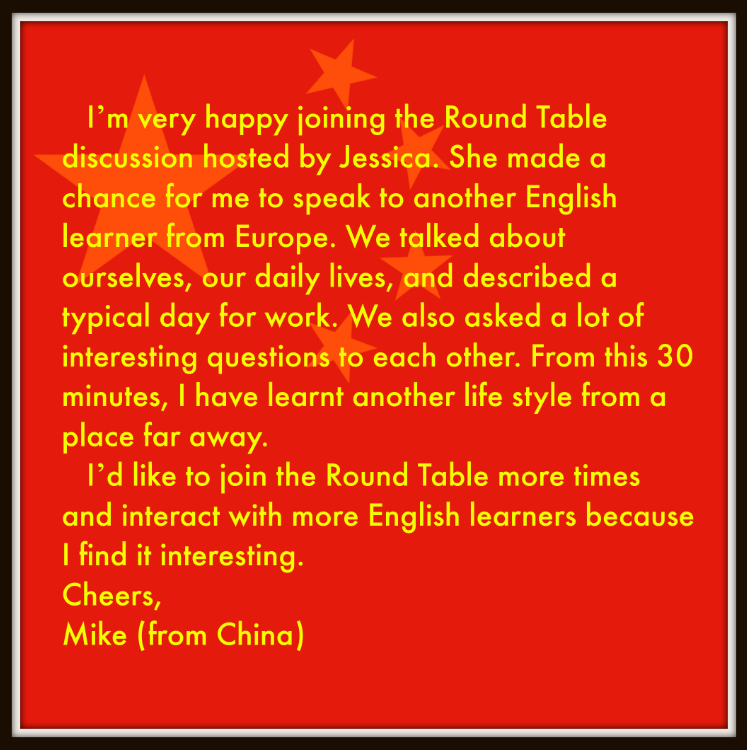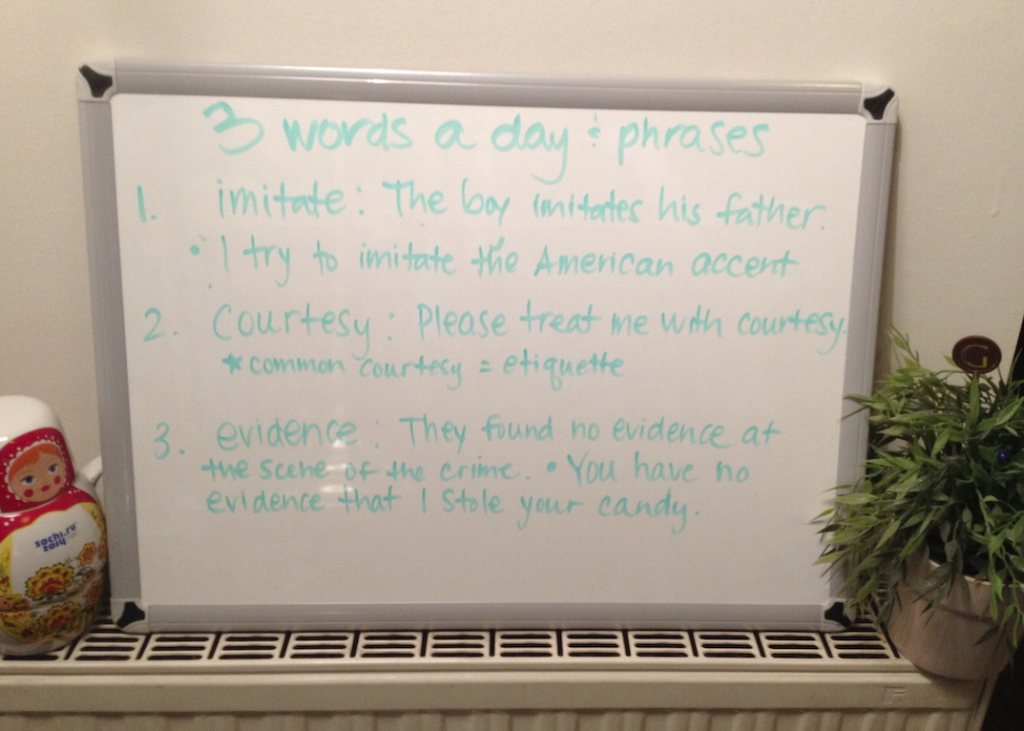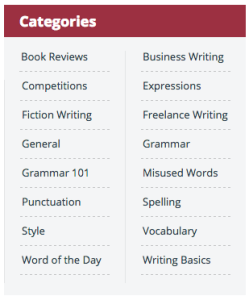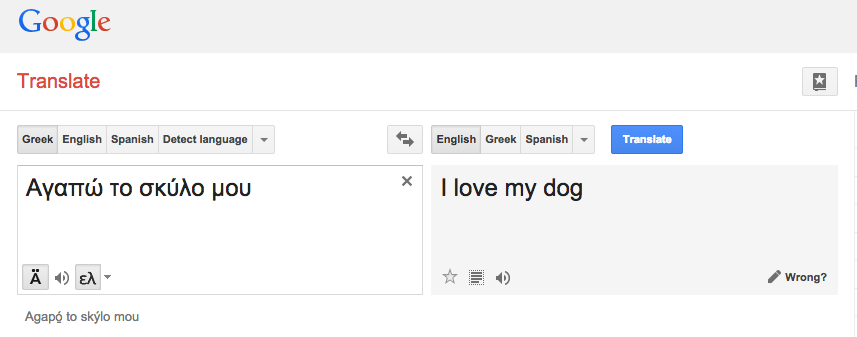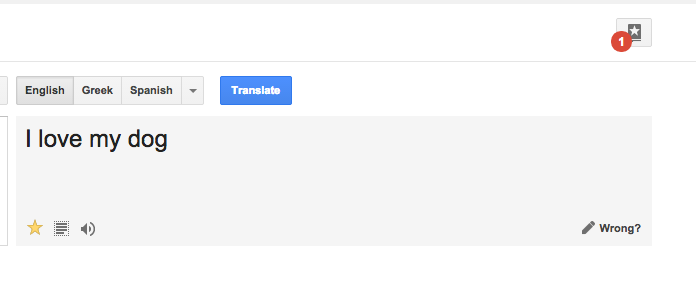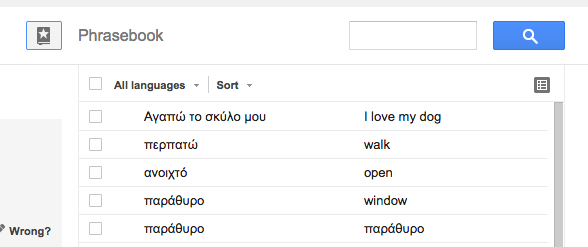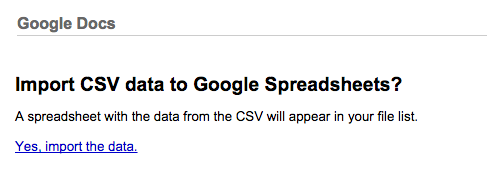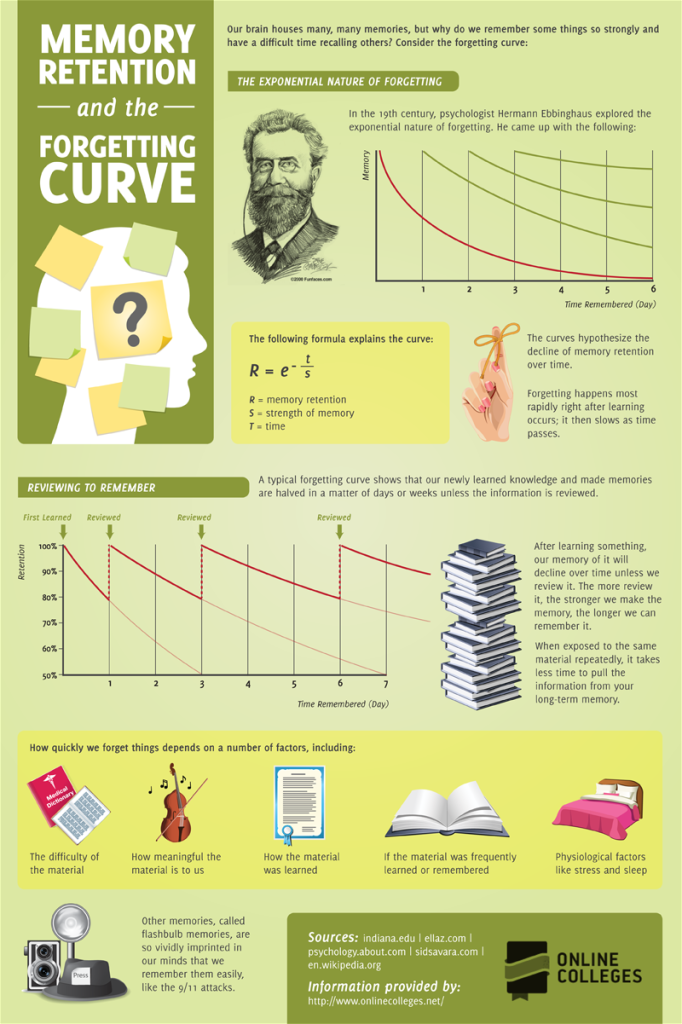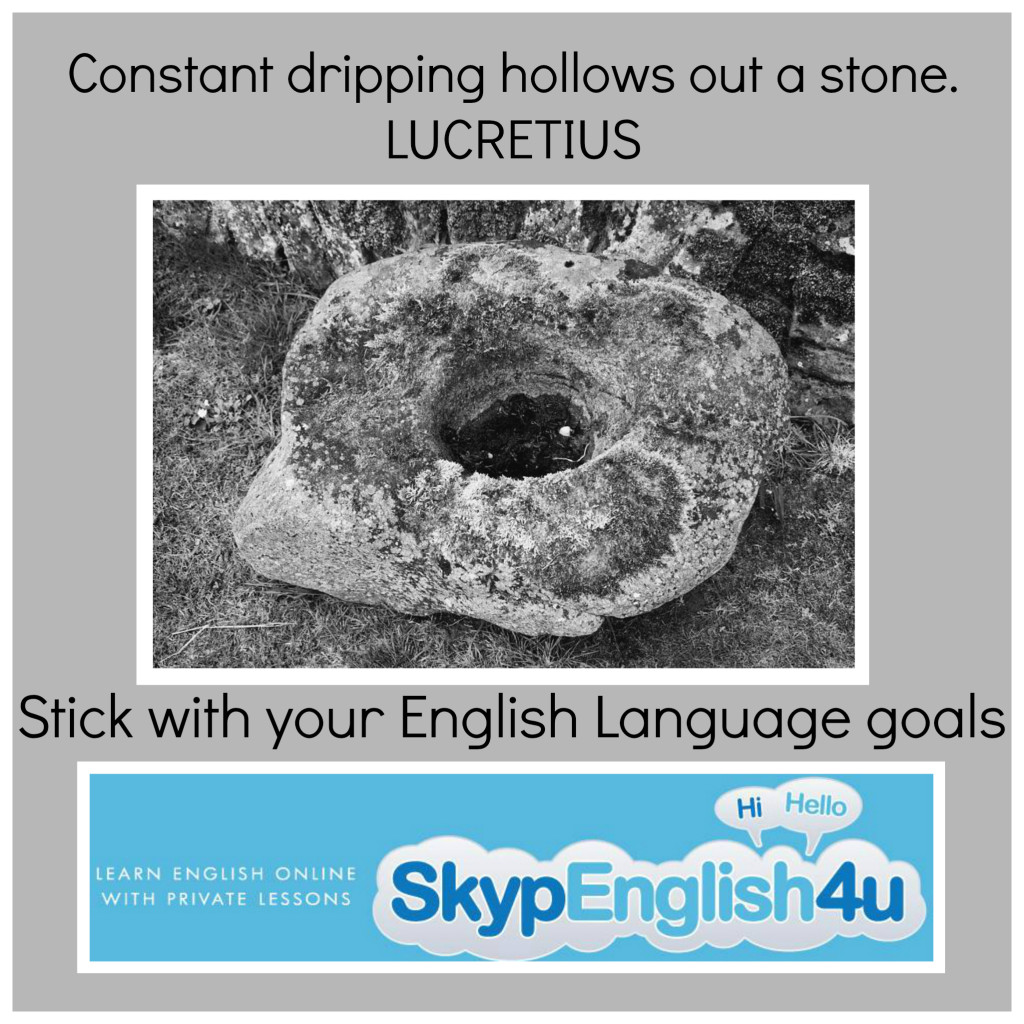Pretty Amazing Prepositions of Place: In, On, At, and More!
The cat is in the tree.
Do you have problems working out your in from your on; your at from your from; or your up from your down? If so, this fun exercise can help you to figure out which is the correct preposition to use and how to remember them.
First things first: what exactly is a preposition of place? Simply put, a preposition of place is a preposition which tells us where something or someone is located. There are actually only three prepositions of place — at, on and in — but they can be used to describe almost any number of places. These are:
- At –is used to describe a certain point or place
- In–helps us to describe an enclosed space
- On–means we are talking about a surface
Let’s look at a few examples of how we use prepositions of place.
- Janice is waiting for you at the bus stop.
- The no-smoking sign is on the wall.
- I live in New York City.
However, in conjunction with these three prepositions, we can also use prepositions of direction which help clarify exactly where something is located. There are many more of these which are used to confirm when, where and under what conditions something is located. For example, let’s take a further look at our first preposition of place: at.
Janice is waiting for you at the bus stop, by the library.
In this example, we already knew that Janice was waiting for us at the bus stop. But, by using the preposition of direction by, it tells us exactly which bus stop Janice is waiting at. So, by using the two prepositions (place and direction) we are given clearer instructions and information. Let’s move on to our next example.
The no-smoking sign is on the wall between the entrance and the foyer.
Here we are told exactly where the no-smoking sign is located, so we can expect to see it as we walk into the building.
I live in New York City, close to Times Square.
New York is a large city, but the additional information gives us a more precise location. Before we get to the fun exercise, here is a list of just some of the prepositions of direction which we can use in conjunction with prepositions of place:
- Above — The picture hangs above the fireplace.
- Against — The fly flew against the window.
- Among — I sat among a group of people.
- Behind — The ball is behind the garage.
- Between — The playing field is between the two buildings.
- By — I stopped by the light house.
- Close to — I wanted a table that was close to the window.
- In front of — There was a man in front of me in the queue.
- Inside — Let’s get inside before it starts to rain again.
- Near — I live near the tube station.
- Next to — The pharmacy is next to the doctors office.
- Onto — The pigeon flew onto the roof of my car.
- Opposite — The restaurant is opposite the car park.
- Towards — The crowd is heading towards the concert stage.
- Under — The bag is under the table.
Now, let’s get physical!
To help my students learn and remember these prepositions, I actually ask them to physically place objects in the places which use the prepositions they are trying to remember. So, get yourself something memorable that you can place somewhere in your house or garden:
- Put a teddy bear on your bed.
- Plant a pumpkin in your garden by the wall.
- Put your mobile phone in your purse near the door.
- Move your neighbour’s pet tortoise into your bathtub.
This physical representation will be much more memorable than any flashcard or list of words. It will stay clearly in your mind when you put your Grandmother’s teapot among the flowers in the garden, or put the cat under the piano stool next to the bookshelf, or even when the pink cushion lands behind the dog on the sofa.
So, practice, choose your object, choose your preposition of place, make it funny if possible, and then you’ll remember it.
Participation and creativity is the key, even if you use really ridiculous places such as in my earor on my head and so on. You could even do this with a friend. Take some silly photos and post them on Facebook! Why not?
I can guarantee you won’t forget your prepositions of place after that! For more information on prepositions, visit me on Facebook where you will find daily bites of fun English. You can also find me on italki most days either teaching or gladly helping out with any English language queries you may have.
Contact Rachel today! http://www.italki.com/teacher/1394345

